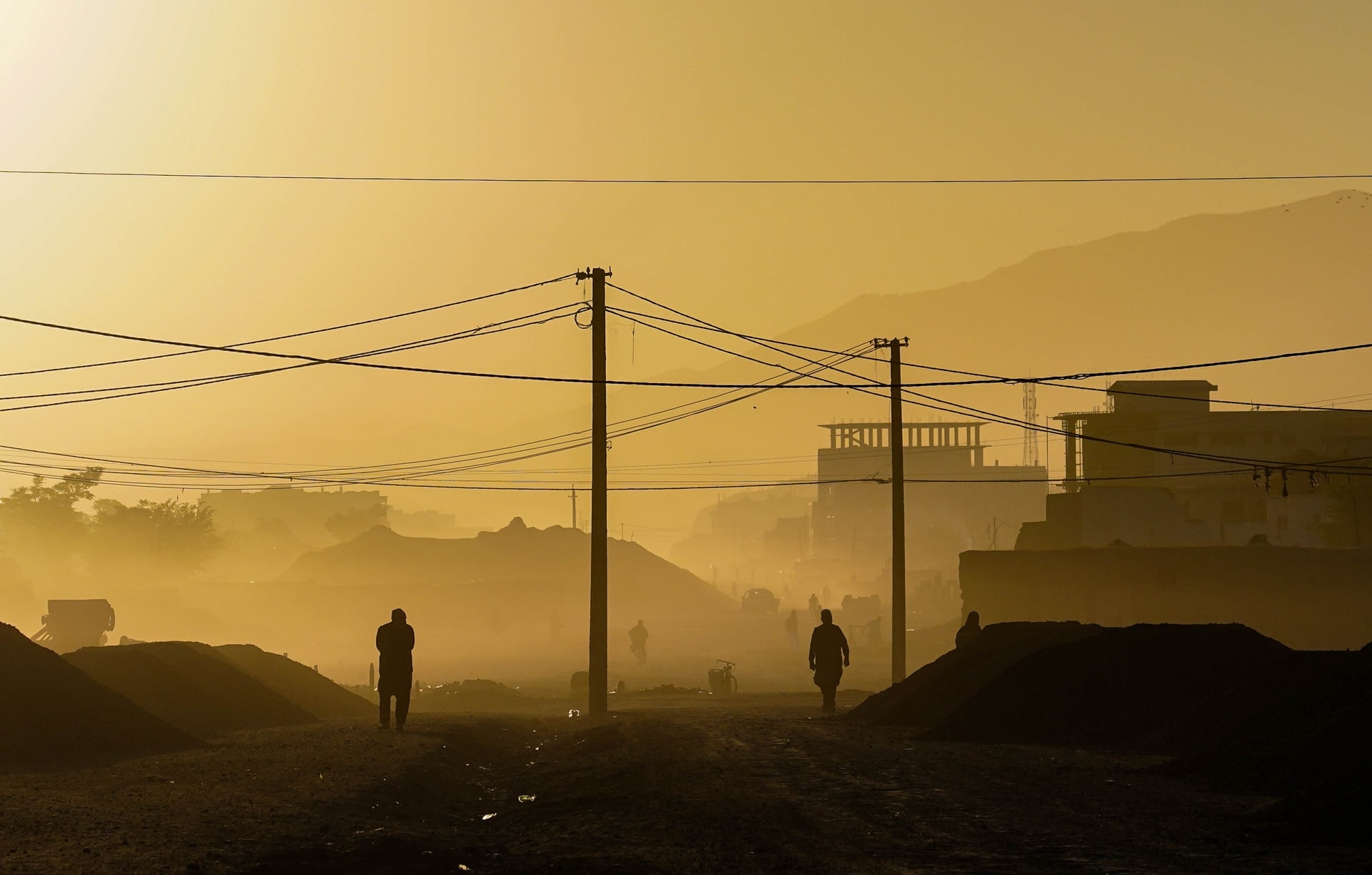Afghans Sell Kidneys to Counter Poverty and Starvation

Afghans are willing to sacrifice their organs to feed their children, pay debts and counter the utmost starvation. The selling of kidneys has become so common in the city of Herat that it’s named “one kidney village.” Nooruddin, a citizen of Afghanistan, told AFP that he has to sell his organ for the sake of his children. In addition to this, Afghanistan has been in crisis since the Taliban took over. Apart from this, it has been in a war state for 20 years due to the US occupation.
Due to these conditions, the Afghans suffer from acute hunger and are also at risk of famines. The foreign aid supplied to the country prior is slow, and the country’s economy is about to collapse. Moreover, the US also froze Afghanistan assets, and earlier, Joe Biden decided to hold Afghanistan assets worth $7 billion.
This has made the people of Afghanistan suffer. Nooruddin left his job when $30 was the amount he was offered. He thought that things would change amid the invasion of the Taliban, but the conditions worsened. Due to his unemployment, he had no option but to sell his kidney. However, he regrets his decision as he can no longer work or lift weight due to pain.
A surgeon from the hospital stated that no law regulates the sale and purchase of organs. Instead, only the consent of the donor matters. Another lady named Azyta had to sell her organ as her family had no food. Her children were treated for malnutrition, and she had prolonged debts.
One Kidney Village
On the outskirts of Herat lies Sayshanba Bazar, which is known as one kidney village. This is because it has the most number of people who have sold their organs to get money and sustain their living or their family’s living. Even after selling their organs, many of them are in debt.
In developed countries, even after organ donation, the donor’s health is closely monitored. However, Afghans face ill health after donating organs. They also have to face leftover debts and poverty; moreover, they have no health facilities to nourish themselves.
